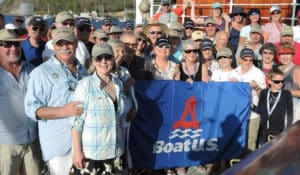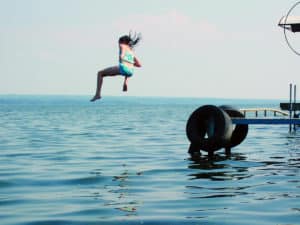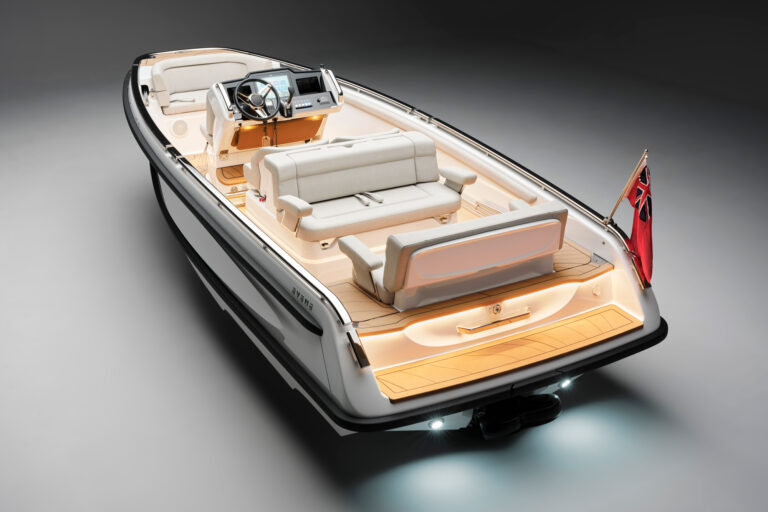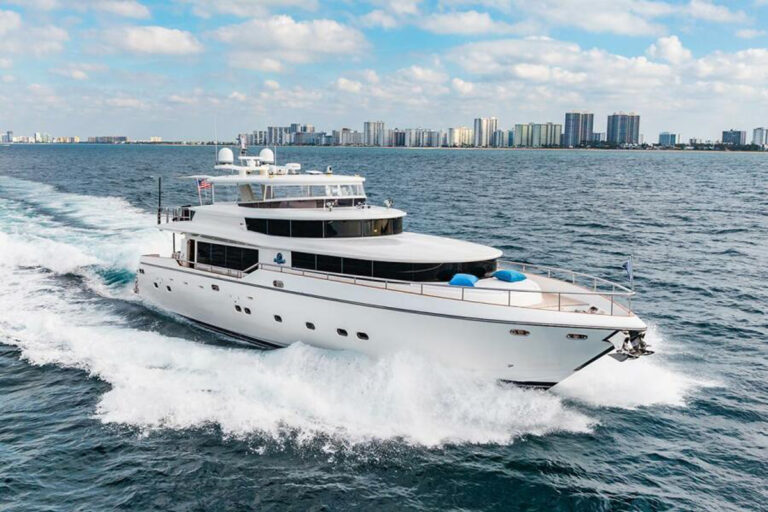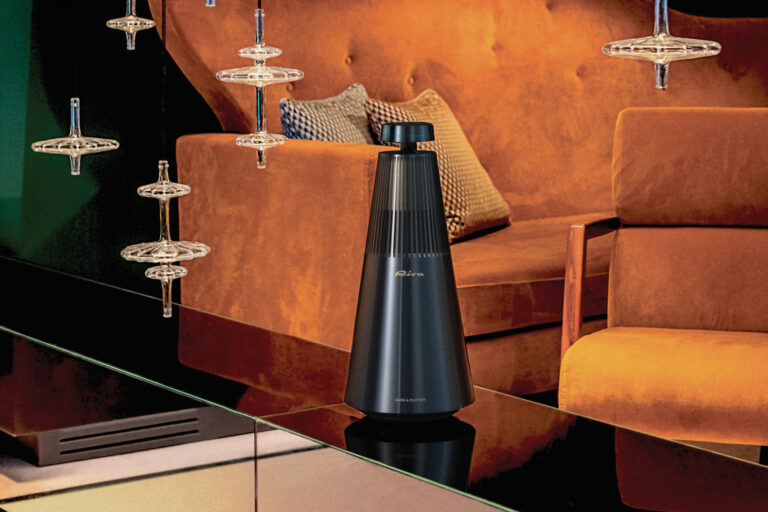Oil spills are a fact of boating life, which means oil-spill products are in the lazarettes aboard a lot of boats. Unfortunately, according to a new report, a lot of those products are ineffective or downright harmful.
“While we did find three products that worked well, many products were ineffective, highly toxic and were not legal for the average boater to use,” Susan Shingledecker, vice president of BoatUS Foundation, stated in a press release.
The report was completed by the BoatUS Foundation for Boating Safety and Clean Water, working in cooperation with Duke University Marine Lab. Tests included 21 spill-response products, all of which are scored individually at www.boatus.org/findings/53/.
Authors of the report offered the following general advice for boaters:
• Be skeptical of wording such as “EPA-classified for use in U.S. Waterways.” (The Environmental Protection Agency does not classify products for recreational use.) Also be skeptical of wording such as “easily dispersed and collected,” “meets clean-marina criteria” (no such criteria exist) and “simply sprinkle on and watch it disappear.”
• Look instead for “contained” products such as sorbent socks, pads and pillows that encapsulate oil. They can be used in the bilge or on open water to minimize contamination while awaiting a professional response.
• Avoid any products that are granules or liquids. Under U.S. law, only professionals may use many such remediation products, and boaters must completely remove any products applied on open water — a nearly impossible feat with granules or liquids.
• Use absorbent products in the bilge, too. Anything containing “natural microbes” can take far longer to work, and loose, granular products can impede automatic bilge pumps.
• Never use dish soap. It only sinks the fuel and causes bottom sediment contamination.
If you have an oil spill and can see a sheen on the water, the U.S. Coast Guard requires you to contact the National Spill Response Center (800-424-8801 800-424-8801; www.nrc.uscg.mil).
800-424-8801; www.nrc.uscg.mil).
For gas spills, which can cause explosions, immediately leave the area and notify marina personnel or dial 911.
Call
Send SMS
Add to Skype
You’ll need Skype CreditFree via Skype

